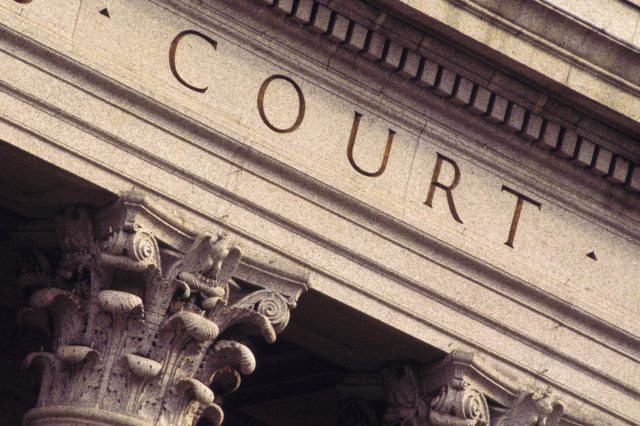It is no secret that I have all but ceased web-logging. Despite a few “return trips” to the ring, my interest faded fast. Long gone are the “good old days” of Catholic (and Eastern Orthodox) blogging where bright and eccentric minds from far flung locales across America (and sometimes the world) traded in anecdotes that made Apostolic Christianity in this region of the globe seem equal parts quaint and insane. The blogs I am thinking of did not deal in Communio tropes, nor were they interested in the latest iteration of “Palamism.” These were the places you went to find out some inside baseball about a convert-heavy Antiochian Orthodox parish in the Midwest or which editor at First Things had no problem being a first-rate asshole when patronizing an elite used bookstore. Distributists, communists, hippies, royalists, traditionalists, anti-traditionalists, and a whole lot more lovable wackos populated these cyber lands. A “new guard” never sprang up. Instead, Twitter became the vehicle for ecclesiastical squabbling which, in turn, flung open the doors to grifters who pay for their family vacations on the fears of their followers.
Part of me thought this was a fad. After the predictable fall of Donald Trump, I thought Fearmongering, Inc. would go the way of the dodo. Boy, I was wrong. Nothing doubles-down faster than stupidity. Integralism, that once-fascinating and seemingly noble refreshment of a bygone ideal, degenerated swiftly into Trumpism with Latin; now it is little more than a joke being played by an unscrupulous Ivy League maniac on a cadre of mental midgets with demented dreams of serving before the altar of unchecked violence. The shadow of Trump does not end there; it covers almost all of what may be called right-wing American Catholicism. Even traditional Catholics who ought to know better than to subscribe to another rotten form of “Americanism” cannot help themselves. Without a strongman in Rome, they are desperate for one closer to home, even if every sane soul knows he is never coming back.
Lest I come across as ironically detached from all of this, let me assure you that is quite far from the truth. My sympathies run deep for all Catholics of good will who find themselves, for one reason or many, spiritually homeless. At the same time, I confess that I remain concerned over certain calls from traditional Catholics to seek shelter in the Christian East in light of ongoing crackdowns on the traditional Latin Mass. It is not that I believe Eastern Catholics should lock their doors. However, for decades I have witnessed debacle after debacle erupt from Roman Catholics (typically conservatives and traditionalists) rolling into Eastern parishes and immediately telling everyone what’s what. Whether it is the Latin chauvinist ripping on married clergy or the recently bearded chap whose convertitis compels him to dress like a 19th century serf, the result is too often disruptive. (I am leaving to the side for a moment the lunacy I find among my Eastern brethren when uncharitably attacking Roman Catholics. Rest assured, I am painfully aware of this phenomenon.)
This is probably where I should start singing War’s “Why Can’t We Be Friends,” but nobody wants to hear that. The sky is falling, after all. Everything is terrible. These are the worst of times. Who would have thought we’d be living at the end of days? Nothing will save us unless Rod Dreher’s katechon, Victor Orban, revives the West while Vladimir Putin simultaneously vanquishes it on the banks of the Dnieper. Some opine that we now live in a “post-truth” world. For my part, I prefer Timothy Snyder’s observation that if everything is a lie, nothing is true—which may be the only truth, revealed not through reason but rather an “absolute moment” in crooked history. Perhaps this is what Dreher meant when he molested Solzhenitsyn’s call to “live not by lies.” Live not by the lies that envelop us; live by the absence of truth that frees one from all commitments, creeds, and conscience. Those perplexed by Dreher’s true meaning need only look to how he is publicly living his own life currently to find evidence that this was his intention all along.
Ah, but I digress…willingly…but still, I digress. Should this scribble dislodge me from my blogging slumber remains to be seen. The chances are far better than average I will lose interest quickly. There is a sizable portion of my heart that hopes this will not be the case.




